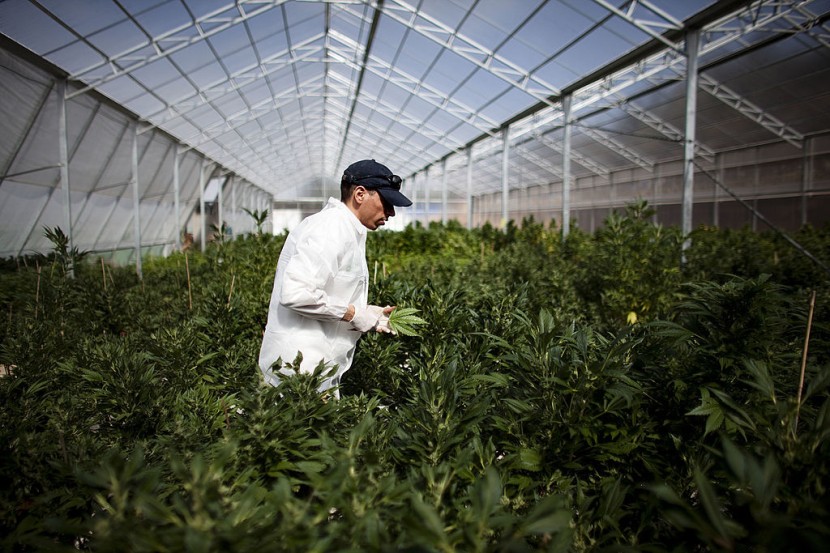
Germany unveiled revised proposals on Wednesday, April 12, to liberalize the country's cannabis legislation. The adjustment includes decriminalizing possession of small quantities and permitting recreational marijuana sales to members of nonprofit "cannabis clubs," as Reuters reported.
Health Minister Karl Lauterbach has said that the German government plans to implement regional test projects to sell cannabis through "commercial supply chains" in a second phase, according to ABC News. But, this plan is different from one he proposed in October 2022, which called for nationwide legalization of cannabis sales to adults.
After consulting with European Union (EU) officials, the German government amended the idea.
All along, Lauterbach had warned that the administration would not go through with its first proposal until it received approval from the EU.
Since 2017, while a conservative administration was in power in Germany, the nation has permitted select patients to get cannabis as a prescription drug.
Proposed Legislation
Under the proposed law, people would be allowed to cultivate up to three cannabis plants, and possession of up to 25 grams would be legalized.
Citizens of Germany over the age of 18 would be able to join nonprofit "cannabis clubs" with up to 500 members, where they may legally cultivate cannabis for their own use. Every person may purchase up to 25 grams at a time, or 50 grams per month, with a lower restriction of 30 grams for those under the age of 21.
The final version of the law, according to Cem Özdemir, Turkey's minister of agriculture, will be completed this month, and "consumption will become legal this year already." Authorities are optimistic that this first measure would aid in reducing the illegal market.
Read Also : EU Alarmed of Far-Right Win Over Sanna Marin as Deadly Domino Effect, Versus Interests of Brussels
What's next?
The government wants to outline the next phase, which will include five-year trials of regulated commercial supply chains in certain locations, this autumn. Details, such as which areas would be selected, have not been decided, Lauterbach added.
Science-based assessments of the pilot programs are a government priority. The ministers hoped that positive test results would give them leverage to lobby for a policy shift at the EU level, which would pave the way for their initial proposal to allow licensed sales.
Better Opportunity
Lauterbach told reporters in Berlin that the first reaction from Brussels was this could be both a disappointing situation and an opportunity for them - an opportunity to construct the framework for a European cannabis policy with well-conducted research.
Lauterbach asserted, "We are not creating a problem. We are trying to solve a problem."
The minister said that the current policies are ineffective. He said that the government's goal is to provide more security, safeguard customers from tainted and harmful goods, and decrease drug-related crime.
As Lauterbach reaffirmed, Germany has no interest in following the neighboring Netherlands' model of decriminalization paired with minimal market control.
© 2025 HNGN, All rights reserved. Do not reproduce without permission.








